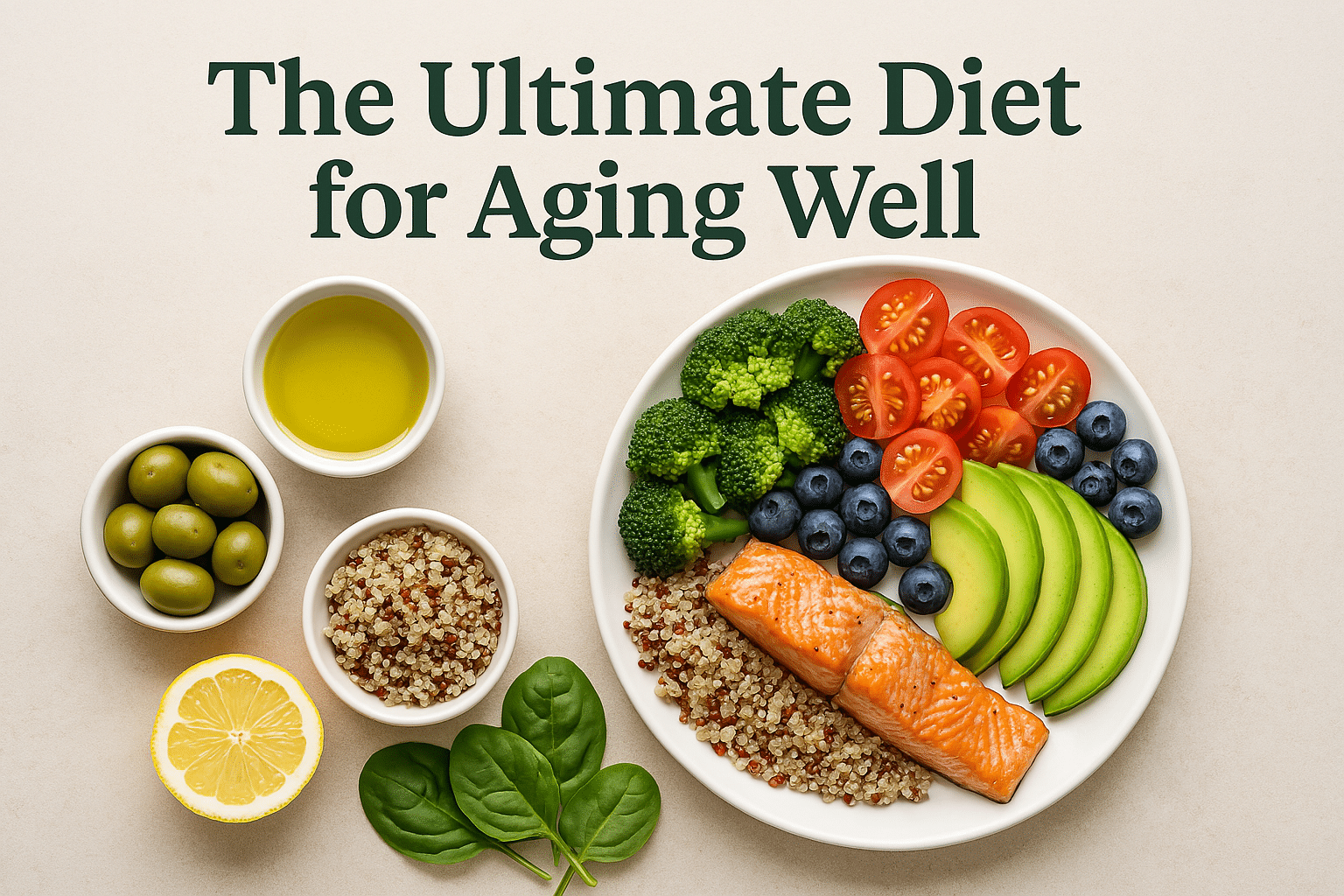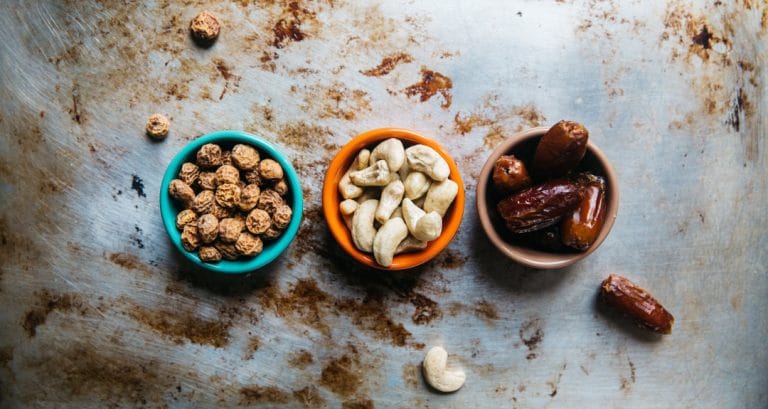The Ultimate Diet for Aging Well: Insights from a 30-Year Study on 100,000 Participants
A 30-year study tracking 100,000 people has highlighted the most effective eating habits for aging gracefully, showcasing the foods that boost both lifespan and vitality.
Why Healthy Aging Matters
As more people live longer, staying healthy into our later years has become increasingly important. In the U.S., older adults are a growing group, with over 80% facing chronic illnesses that affect their quality of life and healthcare expenses. With a global shift towards preventing health decline rather than just treating diseases, diet is taking center stage in promoting a healthier aging process.
A recent study in *Nature Medicine* emphasizes that a poor diet can harm health as much as smoking, acting as a preventable factor in aging. The research underscores diet’s critical role in warding off chronic conditions like type 2 diabetes and heart disease while supporting physical, mental, and cognitive well-being.
What the Study Reveals
This major study examined dietary habits from the Nurses’ Health Study and the Health Professionals Follow-up Study starting in 1986. Researchers explored the link between following eight specific dietary patterns and consuming ultra-processed foods (UPF) with healthy aging.
The dietary patterns included the Alternative Healthy Eating Index (AHEI), Dietary Approaches to Stop Hypertension (DASH), Alternative Mediterranean Diet (aMED), Mediterranean-DASH Intervention for Neurodegenerative Delay (MIND), Planetary Health Diet Index (PHDI), Healthful Plant-based Diet Index (hPDI), reversed Empirical Dietary Index for Hyperinsulinemia (rEDIH), and reversed Empirical Inflammatory Dietary Pattern (rEDIP).
Healthy aging was described as reaching age 70 without major chronic diseases and maintaining good cognitive, physical, and mental health. Results showed that sticking to these eating habits greatly improved chances of healthy aging, with AHEI showing the strongest benefits, followed by DASH, MIND, hPDI, and PHDI.
Embracing Plant-Based and Nutrient-Rich Diets
The research highlighted that people who chose a diet rich in plants and nutrients, paired with moderate amounts of healthy animal-based foods like low-fat dairy, aged better. Olive oil and avocados, high in unsaturated fats, stood out as particularly beneficial, improving physical function by 40% compared to those who consumed less of these fats.
Although fast food and snacks were linked to higher odds of reaching age 70—possibly due to social interactions—they did not improve health outcomes. In contrast, diets full of fruits, veggies, whole grains, nuts, legumes, and healthy fats consistently led to better aging. On the other hand, processed meats, trans fats, and high sodium levels were tied to negative effects.
The Influence of Lifestyle and Socioeconomic Factors
The study found that healthier eating habits were more common among people with higher socioeconomic status, more physical activity, lower BMI, and fewer instances of past depression. Women, smokers, those with lower socioeconomic status, and individuals with less physical activity saw significant benefits from adopting healthier diets, especially with AHEI, MIND, and PHDI patterns.
What This Means for Public Health
AHEI was particularly effective for mental and physical health, while PHDI, which combines sustainability with health benefits, had the most significant impact on cognitive health and reaching age 70. The rEDIH pattern excelled in preventing chronic diseases.
These findings highlight the essential role of diet in healthy aging and suggest that public health recommendations should focus on plant-based diets rich in healthy fats and low in processed foods and red meat. However, the study’s limited diversity points to the need for broader research to ensure dietary guidelines work for everyone.
Wrapping Up
This extensive research offers clear evidence that a plant-based, nutrient-rich diet can significantly improve healthy aging. As we aim to enhance life quality for an aging population, these insights provide valuable guidance on eating patterns that support longevity and vitality. By integrating these findings into public health strategies, we can help create a healthier, more energetic aging community.






